Neurobiology
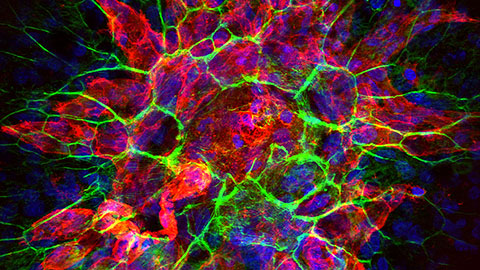
A biological camera: How AI is transforming retinal imaging
AI is helping clinicians see a more detailed view into the eye, allowing them to detect diabetic retinopathy earlier and expand access through tele-ophthalmology. These advances could help millions see a clearer future.
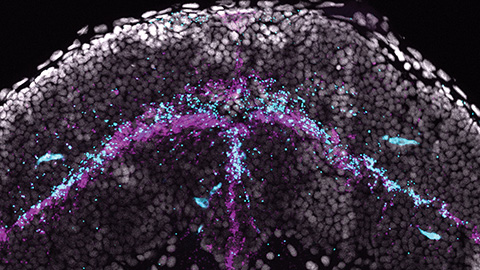
Zebrafish model links low omega-3s to eye abnormalities
Researchers at the University of Colorado Anschutz developed a zebrafish model to show that low maternal docosahexaenoic acid can disrupt embryo eye development and immune gene expression, offering a tool to study nutrition in neurodevelopment.
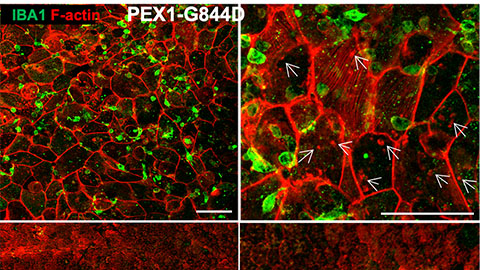
Early lipid changes drive retinal degeneration in Zellweger spectrum disorder
Lipid profiling in a rare disease mouse model reveals metabolic shifts and inflammation in the retinal pigment epithelium — offering promising biomarker leads to combat blindness.

How scientists identified a new neuromuscular disease
NIH researchers discover Morimoto–Ryu–Malicdan syndrome, after finding shared symptoms and RFC4 gene variants in nine patients, offering hope for faster diagnosis and future treatments.

Hope for a cure hangs on research
Amid drastic proposed cuts to biomedical research, rare disease families like Hailey Adkisson’s fight for survival and hope. Without funding, science can’t “catch up” to help the patients who need it most.

Before we’ve lost what we can’t rebuild: Hope for prion disease
Sonia Vallabh and Eric Minikel, a husband-and-wife team racing to cure prion disease, helped develop ION717, an antisense oligonucleotide treatment now in clinical trials. Their mission is personal — and just getting started.

Defeating deletions and duplications
Promising therapeutics for chromosome 15 rare neurodevelopmental disorders, including Angelman syndrome, Dup15q syndrome and Prader–Willi syndrome.
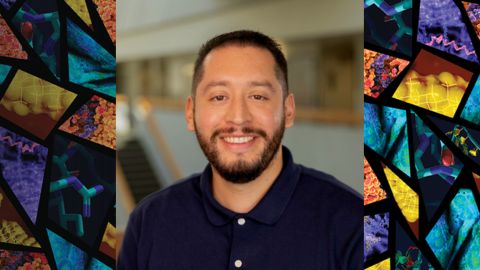
Neurobiology of stress and substance use
MOSAIC scholar and proud Latino, Bryan Cruz of Scripps Research Institute studies the neurochemical origins of PTSD-related alcohol use using a multidisciplinary approach.
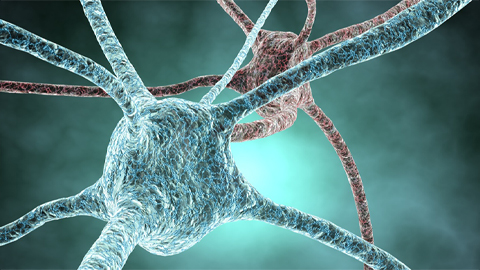
Pesticide disrupts neuronal potentiation
New research reveals how deltamethrin may disrupt brain development by altering the protein cargo of brain-derived extracellular vesicles. Read more about this recent Molecular & Cellular Proteomics article.
